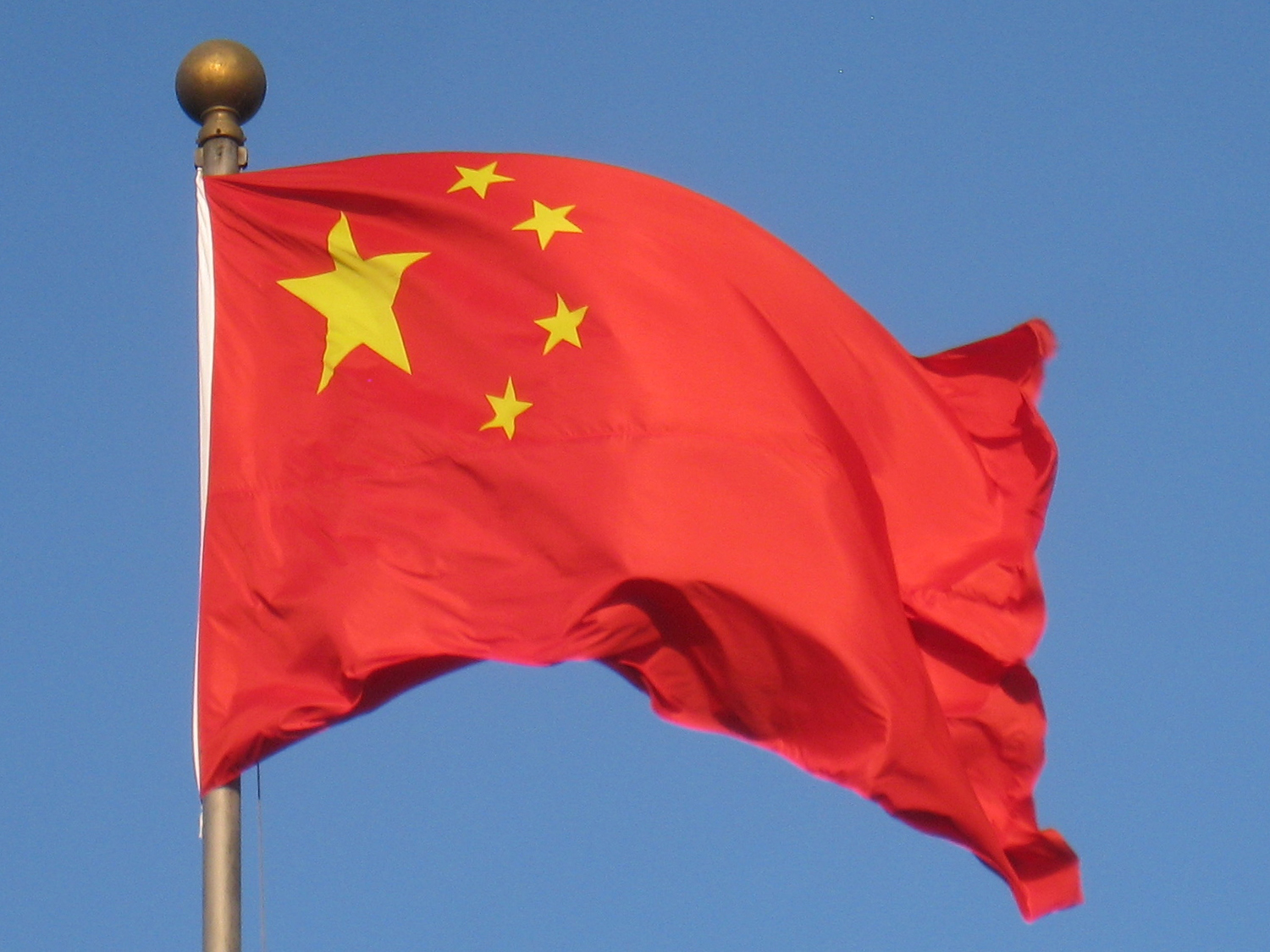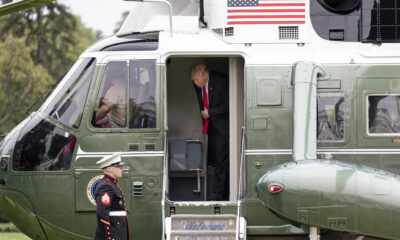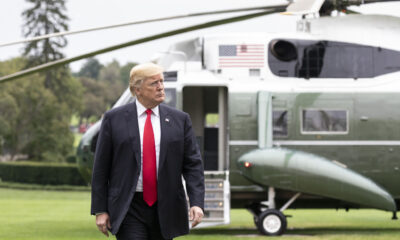Civilization
The Sickening Cruelty of Life When China Was Actually Communist
Decades ago, the Chinese Communist Party did employ actual communism, and life was much harsher then than today.

Bikes were “as indispensable to a Chinese as a car to twentieth century Americans.” Those are the words of Fox Butterfield from Alive In the Bitter Sea, his 1982 book about communist-era China. Call Butterfield’s account of just some of communism’s myriad horrors essential reading when it comes to attaining a tangible grasp of how little communism associates with anything related to competition or prosperity.
Communist China ran itself much more harshly decades ago
As Butterfield went on to report, “To buy a bike you also had to have a special bike purchase coupon” that was exceedingly difficult to come by. Butterfield interviewed one factory worker who indicated that, “out of every one hundred workers, only two were given these treasured certificates each year.” Such was brutal life amid the CCP’s control of China’s economy from the proverbial Commanding Heights.
The China of old came to mind while reading a recent Wall Street Journal column by the great Andy Kessler. He quoted Sen. Tom Cotton as saying that “TikTok is a tool of Chinese Communist propaganda.” Let’s just say they don’t make cold warriors like they used to. Is Cotton aware of just how hideously cruel communism was, and much more important, how little production there is when governmental bodies (including the CCP) manage economic activity, when property is owned by them, and when people allegedly work according to their abilities and needs?
An astonishing example of the rationing system is that to buy a light bulb a Chinese has to turn in his old one. Each bulb bears a serial number…If your bulb is stolen, you have to get a letter from the police before you can replace it. Fox Butterfield, Alive In the Bitter Sea, p. 101
A state of unrelenting desperation
The questions about Cotton (along with a myriad of other TikTok critics in the commentariat) are asked mainly because communist rule is defined by unrelenting desperation. As was made apparent during the Soviet Union years for Russia, communist rule and its bitter fruits is the stuff of empty shelves, not to mention that if there’s anything on the shelf, it’s what no one wants. It’s worth thinking about as Cotton and others of his ilk claim TikTok is but a puppet of the CCP. You mean the TikTok that is headquartered in Singapore and Los Angeles, and that is substantially owned by American investors?
…it took them two hours a day to shop for food, about average among Chinese I knew. And since refrigerators have made their appearance only in the homes of top officials, grocery shopping means a seven-day-a-week chore for Chinese. Butterfield, p. 103
If TikTok were a tool of any government, let alone a CCP the rule of which so awfully correlated with immense dysfunction, it’s safe to say it would in no way be a global powerhouse. Evidence supporting this claim isn’t just vivified by what economic life was like when the CCP arrogated to itself command-and-control powers, but also by the relative freedom of the U.S. economy that has logically gifted Americans (and the world) with the most dynamic, customer-leading businesses in the world.
In 1979 alone the government put up 118 million square yards of housing, one sixth of the total built nationwide since 1949…In the United States in the same year, 267 million square yards of housing were already built, for a population that is only one quarter of China’s and was already far better housed. Butterfield, p. 111
What is China like today?
It’s just another reminder that TikTok’s critics can’t have it both ways. They can’t make baseless claims about TikTok being a “a tool” of the CCP when it’s remembered just how inept commerce was when the CCP was actually running the Chinese economy. In short, if TikTok were “a tool of Chinese Communist propaganda,” it not only would have vanishingly few voluntary users as is the case with all government-operated entities of any kind, it also wouldn’t exist as evidenced by the scarcity of nearly every necessity (let alone a luxury item like TikTok) when the CCP ran China.
This article was originally published by RealClearMarkets and made available via RealClearWire.
John Tamny is editor of RealClearMarkets, President of the Parkview Institute, a senior fellow at the Market Institute, and a senior economic adviser to Applied Finance Advisors (www.appliedfinance.com). His latest book is The Money Confusion: How Illiteracy About Currencies and Inflation Sets the Stage For the Crypto Revolution.
-

 Accountability4 days ago
Accountability4 days agoWaste of the Day: Principal Bought Lobster with School Funds
-

 Civilization1 day ago
Civilization1 day agoWhy Europe Shouldn’t Be Upset at Trump’s Venezuelan Actions
-

 Executive2 days ago
Executive2 days agoHow Relaxed COVID-Era Rules Fueled Minnesota’s Biggest Scam
-

 Constitution3 days ago
Constitution3 days agoTrump, Canada, and the Constitutional Problem Beneath the Bridge
-

 Christianity Today1 day ago
Christianity Today1 day agoSurprising Revival: Gen Z Men & Highly Educated Lead Return to Religion
-

 Civilization2 days ago
Civilization2 days agoThe End of Purple States and Competitive Districts
-

 Executive2 days ago
Executive2 days agoWaste of the Day: Can You Hear Me Now?
-

 Civilization5 days ago
Civilization5 days agoThe Conundrum of President Donald J. Trump














